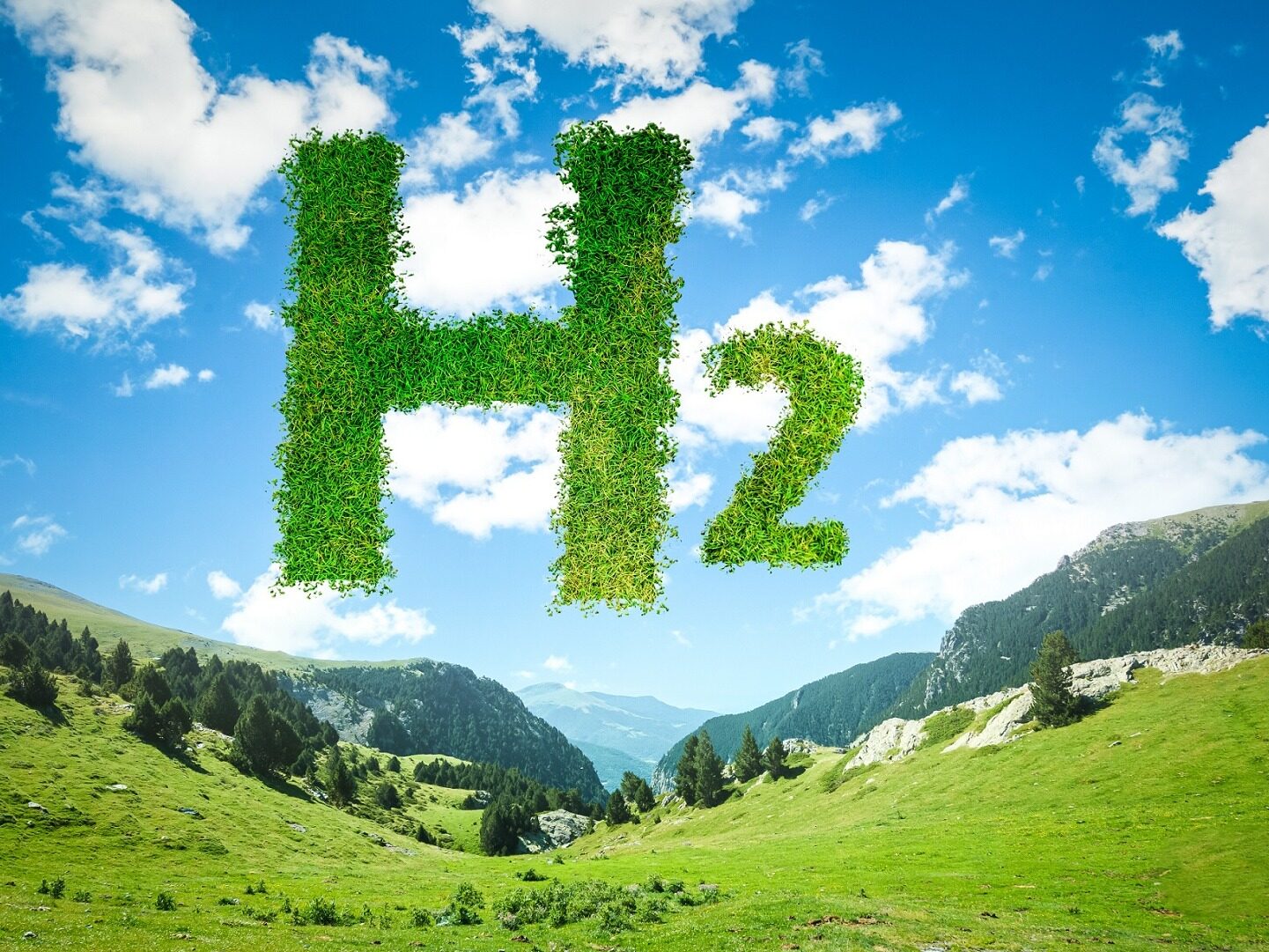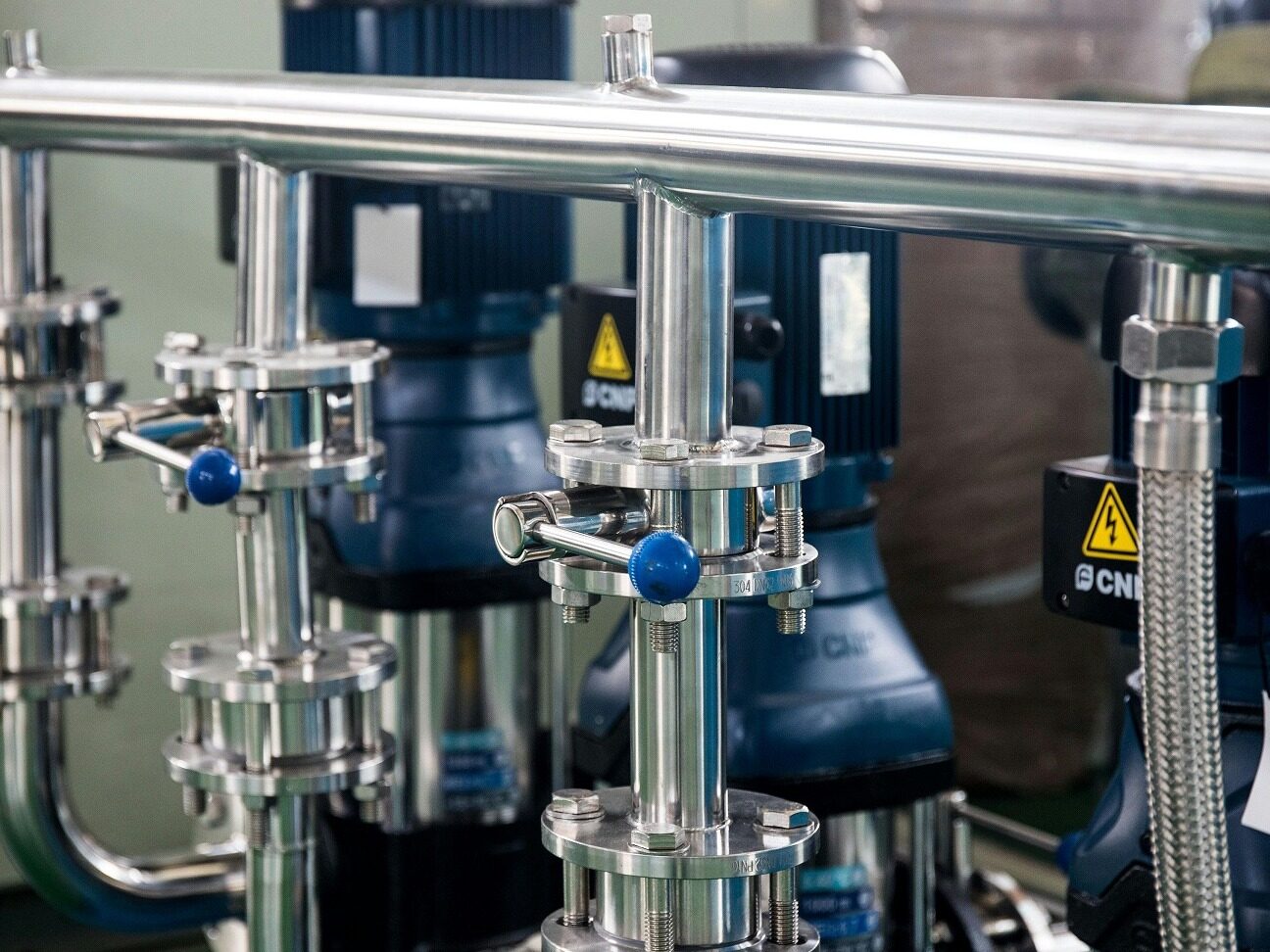- The goal of this innovative project is to attempt to prove that ethanol can become a carrier for producing renewable hydrogen

The world's first ethanol based renewable hydrogen (H2) experimental refueling station has been launched on the campus of the University of S ã o Paulo in Brazil. The pilot factory covers an area of 425 square meters and can produce 4.5 kilograms of hydrogen gas per hour, providing fuel for up to three buses and one light vehicle. According to the R&D terms established by the Brazilian National Petroleum, Natural Gas, and Biofuels Agency, Shell Brazil will provide an investment of R $50 million for the R&D project. The station was jointly developed by Hytron, Ra í zen, SENAI CETIQT, and the University of S ã o Paulo through the Greenhouse Gas Innovation Research Center. In order to test the feasibility of the project, both parties also signed a memorandum of understanding with Toyota. The experimental site is expected to be operational in the second half of 2024. Technology can help decarbonize industries that consume fossil fuel energy, "said Cristiano Pinto da Costa, CEO of Shell Brazil.

The equipment to be installed on site includes an ethanol steam reformer developed and manufactured by Hytron. It is in this device that through a chemical process called steam reforming, ethanol will react with water in the reactor at a specific temperature and pressure, thereby converting ethanol into hydrogen gas. Daniel Lopes, Business Director of Hytron, stated that we have contributed Hytron's groundbreaking technology in Brazil to showcase a disruptive solution through which ethanol hydrogen production will play a more important and influential role in local and global energy transformation.
During the operation of the experimental station, researchers will verify the emissions and cost calculations of the hydrogen production process. Our current estimate is that the cost of producing hydrogen from ethanol is equivalent to the cost of producing hydrogen through natural gas reforming, as Brazil has done. Conversely, its emissions are comparable to the water electrolysis process of wind power generation, "said Julio Menegini, scientific director of RCGI.
The ethanol required for producing hydrogen will be provided by Ra í zen, the world's largest producer of sugarcane ethanol. Currently, ethanol is transported from the production site to its destination through tank trucks, with a capacity of 45000 liters. This type of vehicle with the same specifications can only transport 1500 kilograms of gaseous compressed hydrogen, which is only a quarter of the former. Another advantage of this solution is that it can be easily replicated globally due to the lower cost of transporting biofuels. Ra í zen CEO Ricardo Mussa believes that renewable hydrogen produced from ethanol will play an important role in the energy matrix in the coming decades, mainly because it greatly reduces the challenges faced in transporting and distributing products. Renewable hydrogen can utilize the existing ethanol infrastructure of hydrogen refueling stations to ensure rapid, sustainable, and safe refueling of vehicles
SENAI CETIQT's SENAI Institute for Biosynthesis and Fiber Innovation will conduct computer simulations to improve equipment efficiency, identify opportunities for improvement, and increase the rate of ethanol conversion to renewable hydrogen. We are very excited to be part of this revolutionary project. We will focus on advanced solutions and bioeconomy, and we will work closely with partners to optimize ethanol reformers to help Brazil and the world achieve this promising technology, "said Jo ã o Bruno Bastos, the research institute manager.
The hydrogen produced at this site will provide fuel for the buses of the S ã o Paulo Metropolitan Transportation Company, which only operate on university campuses. Toyota provided the world's first large-scale commercial hydrogen fuel vehicle, the Mirai, to the project in order to test the performance of hydrogen. Brazil is a country that strongly calls for the development of biofuels. We believe that hydrogen is a clean and renewable energy source that plays an important role in reducing carbon dioxide emissions. Our participation in this project is the first step for the company to test the use of this new technology in the country. We are interested and willing to collaborate with state governments to make sustainable transportation possible through the use of renewable hydrogen extracted from ethanol, "said Rafael Chang, CEO of Toyota Brazil.Editor/XingWentao
Comment
 Praise
Praise
 Collect
Collect
 Comment
Comment
 Search
Search














Write something~